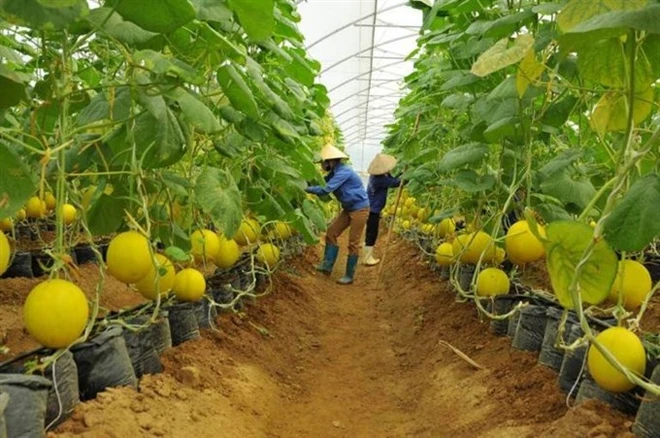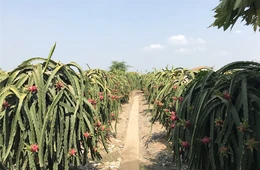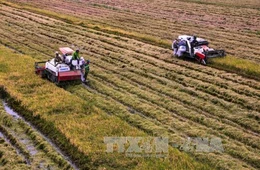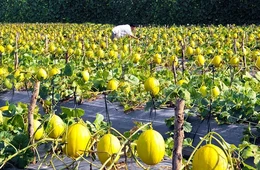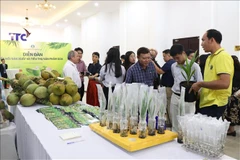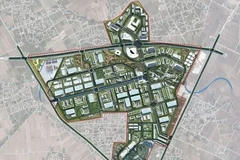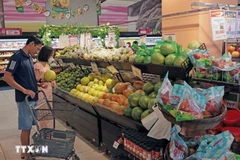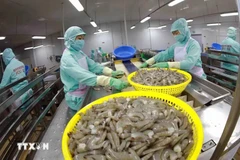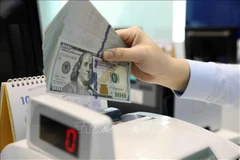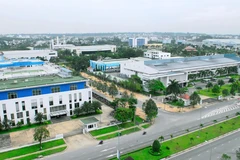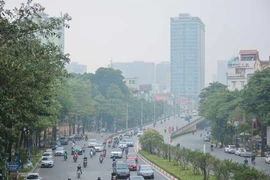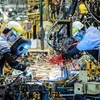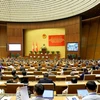As many as 25,400 farmer households with a total of 72,000 people contribute 77 percent to the city’s production of agricultural, forestry and fishery products.
However, farmer households’ productivity is low, with total annual turnover of 88 million VND (4,000 USD) per capita in comparison with 230 million VND (10,000 USD) created by those who work in trade, service, industry and construction sectors.
With the current household-based production model, farmers have no capital to expand production or apply technology to post-harvesting and processing. Because of this, farmers’ products have no trademarks and are paid low prices.
“If farmers have a good harvest, they get a low price; and if they have a bad harvest, they receive higher price,” said Dr Nguyen Van Ngai, head of the HCM City Economics University’s Economics Faculty.
“This demonstrates the failure of the household production and trading model,” he said.
In regard of input-related difficulties farmers are facing, small farming households are unable to buy high quality materials such as pesticides and fertilisers at a good price.
Because of their lack of capital, farmers often buy first and pay later at higher prices, or even sell their products at low prices to pay off their debts.
For their production obstacles, Ngai said, farmers do not apply technology because they lack knowledge about hi-tech methods and have small farms.
Meanwhile, they only sell their products to dealers or at traditional markets at low prices.
“They also cannot build trademarks for their products, or process and preserve their products at good conditions after harvesting. Consequently, their production as well as product quality fail to meet international market demand,” he added.
Among the available farming models, the cooperative model is considered to be the most suitable.
“Many countries have shown that the cooperative model can help farmers solve their limitations,” Secretary of the HCM City Party Nguyen Thien Nhan said at a recent workshop.
With this model, farmers can continue to own their land and the cooperatives can help them meet market requirements for fixed quantities of products, trademarks and food safety.
“Cooperatives also help farmers apply technology, expand production, and look for customers,” Nhan said.
The cooperatives can help process and preserve products, and provide pesticides and fertilisers at a price 10 percent lower than what farmers normally pay.
Vice Chairman of the municipal People’s Committee Le Thanh Liem, said the cooperative model is a must for farming production under a market economy.
A recent survey found that after joining a cooperative, farmers saw their turnover increase 1.1 times and profit 1.35 times.
HCM City now has 230 groups of households and 10–20 percent of them should be upgraded to the cooperatives, Liem said.
Currently, only 5 percent of agricultural production in the city comes from agriculture cooperatives.-VNA
